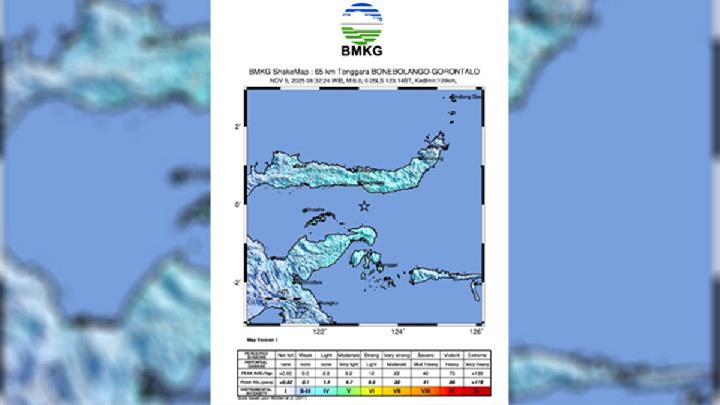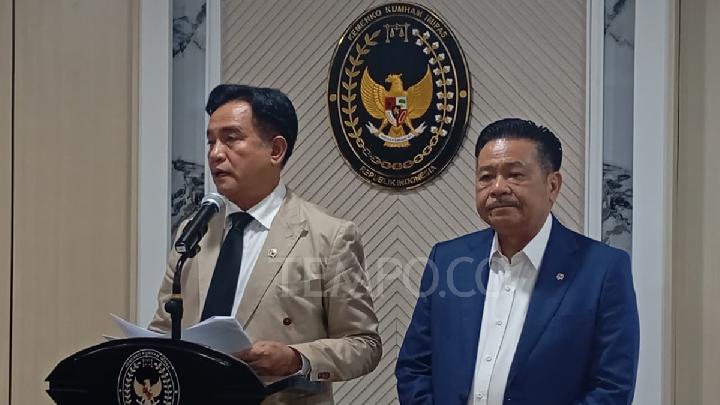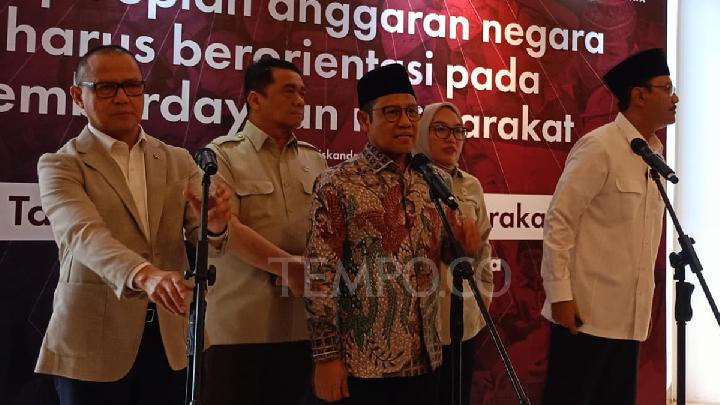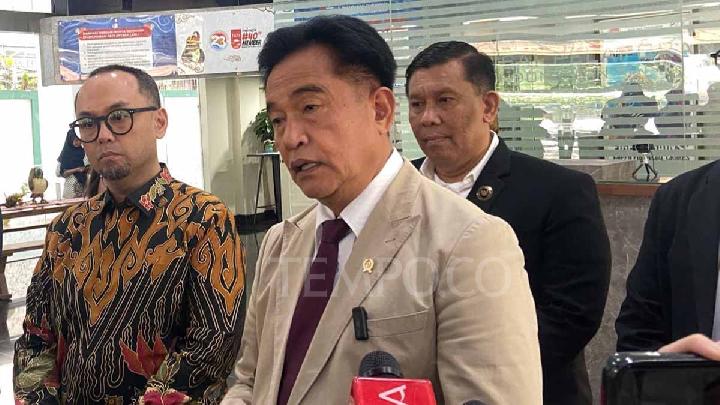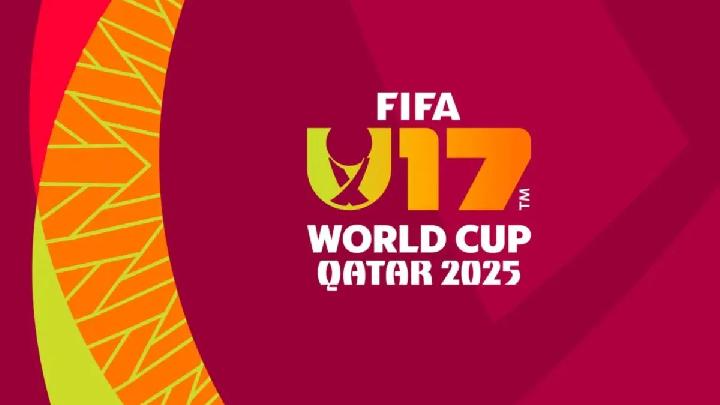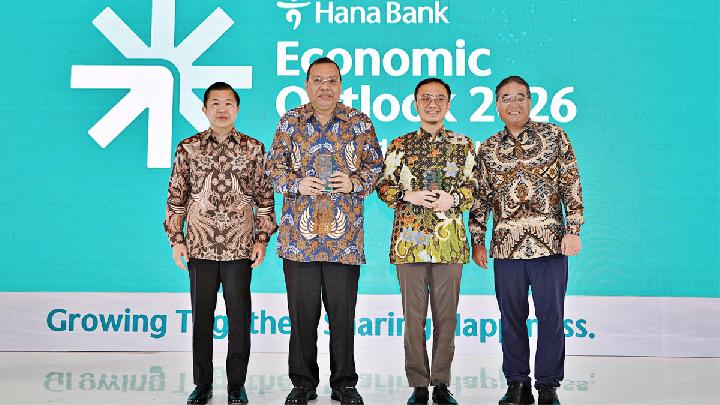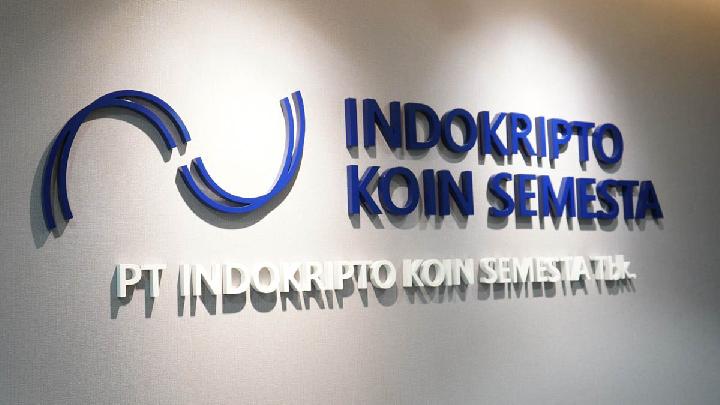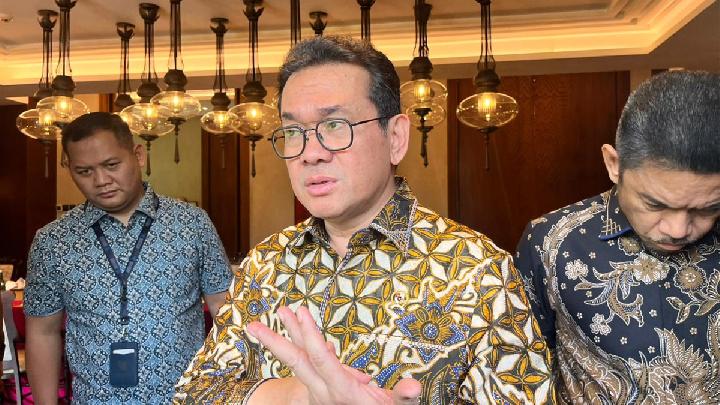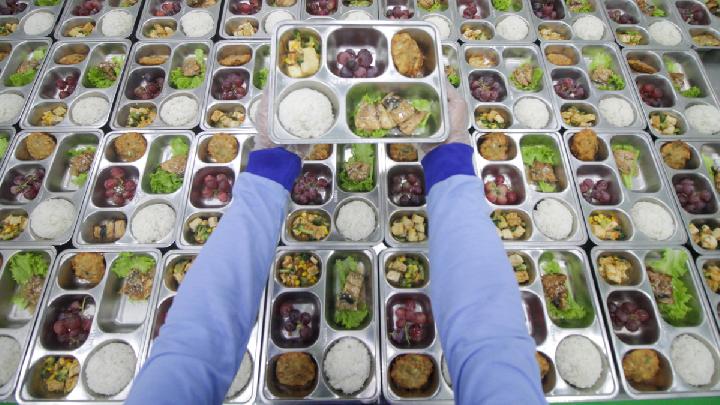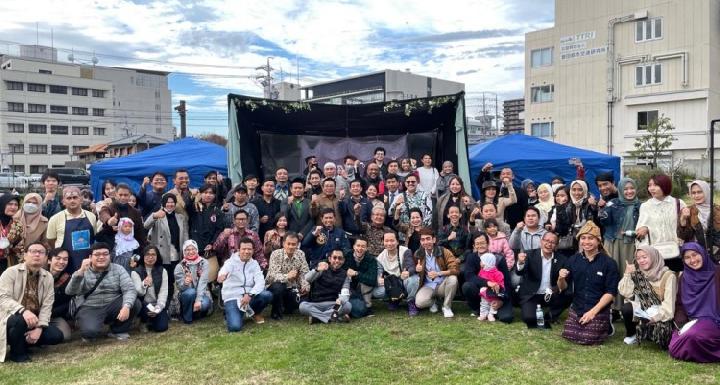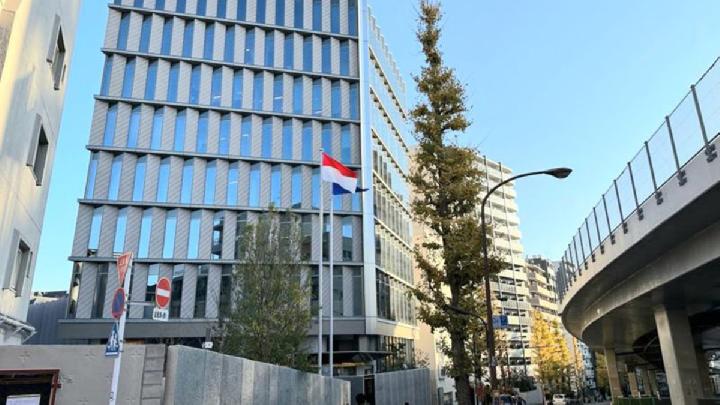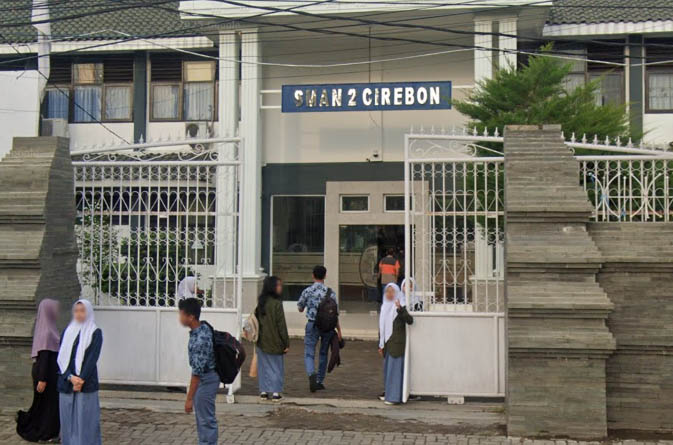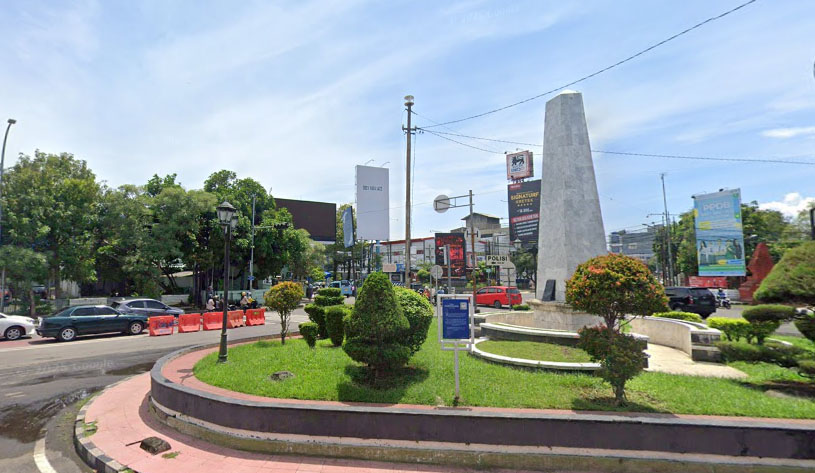
TEMPO.CO, Jakarta - The government is revising Indonesia’s climate commitment document. A weak economy is an opportunity to reduce carbon emissions.
WHILE the world is racing to mobilize the green economy, Indonesia is heading in the opposite direction. The promise to reduce carbon emissions is only a commitment that sounds good but that is far from reality. The policies of President Prabowo Subianto are moving far away from the global agreement to prevent the climate crisis, the impacts of which are becoming increasingly apparent.
The contradiction is reflected in the nationally determined emission reduction contribution set on Indonesia’s Nationally Determined Contribution (NDC). This document is the commitment each nation makes, and is put forward at the annual United Nations climate change conference. Even though there is no sanction, the NDC is the face of every nation in the global action to tackle the climate crisis.
This year, the conference known as the Conference of the Parties, or COP, will take place in Belem, Brazil, in November. Therefore, the NDC document must be handed over to the United Nations Framework Convention on Climate Change Secretariat in September. The government is targeting deliberations to be finished by the end of this month.
The document was in fact made by the administration of Joko Widodo. Emission reductions were set at 32 percent from 2.9 billion tons of CO2 equivalent through Indonesia’s own efforts, or 43.2 percent with international assistance. Instead of implementing or increasing the target, the Prabowo administration reduced it.
Prabowo has every right to change the climate commitment. After all, Jokowi’s version of the NDC was based on extractive industries, which damage the environment and produce excessive greenhouse gases through hundreds of national strategic projects. But Prabowo’s amended version is no better because it relies on an economic growth target of 8 percent.
Programs in line with climate mitigation will be halted because they are considered as slowing the economy. Plans for reductions of emissions from the agriculture sector, for example, will be relaxed in order to convert forest areas into food reserves and fossil fuel mining.
This is actually no surprise. Since the presidential election campaign, Prabowo’s flagship programs have been food self-sufficiency and down-streaming of natural resources. Therefore, mining and oil palm plantations will be the mainstays of economic growth. Even carbon trading, which provides an opportunity to boost the restorative economy, will be managed in a way that only benefits the elite.
The revised Forestry Law, which is now being deliberated by the House of Representatives, does not touch on sustainable forest management. The discussions have focused more on how to accelerate the conversion of forest areas to boost economic growth, and the Job Creation Law will be used to legitimize environmental damage.
Given the growing geopolitical tensions, world institutions predict weakening economic prospects. The World Bank calculates that Indonesia’s economic growth this year will be less than 5 percent. This weakening could be used by the government to increase the target for emission reductions and to produce more environmentally friendly economic policies. When world growth slows, it is time to give an opportunity for the earth to regenerate itself.
At the 2025 BRICS Summit in Brazil last Tuesday, Prabowo said that Indonesia is already feeling the effects of climate disaster. He made a commitment to prevent it. To stop this becoming simply empty words, the best preventative measure would be to increase emission reductions through environmentally friendly policies contained within the NDC.
Bank Indonesia Boss Eyes Positive Impact on Financial Market After Trump Tariff Deal
22 jam lalu

Positive impact on the financial market and economic growth is expected from the reduction in Trump's tariffs, according to Bank Indonesia governor.
Bank Indonesia Cuts Interest Rate to 5.25%
1 hari lalu

Bank Indonesia's decision to cut the benchmark interest rate, or BI Rate, for the third time in 2025.
Green Building Ratings Crucial to Address Climate Change
1 hari lalu

Transition to green buildings requires a structured and measurable approach that integrates sustainability at every stage of the building's lifecycle.
Economists Urge Bank Indonesia to Cut Interest Rates Following Trump's Tariffs
4 hari lalu

Economists and investors urge Bank Indonesia (BI) to lower interest rates to boost the economy, citing new U.S. import tariffs.
European Heatwave Claims Over 2,300 Lives; Here's What Experts Say
5 hari lalu

The number of casualties due to heatwaves is expected to increase if the temperature rises by two to three degrees.
Indonesia's Danantara and Japan's JBIC Forge Green Economy Partnership
5 hari lalu
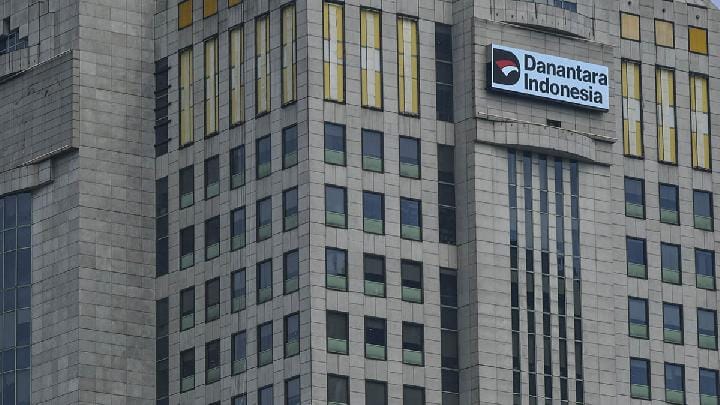
A collaboration between Danantara and a Japanese public financial institution for green economy and digital connectivity projects
Time to Turn Forests into Ecological Landscapes
7 hari lalu

The Forestry Law is no longer relevant in the face of the climate crisis. A change of paradigm is needed.
Indonesia Eyes Up to 5.8% Economic Growth in 2026
9 hari lalu
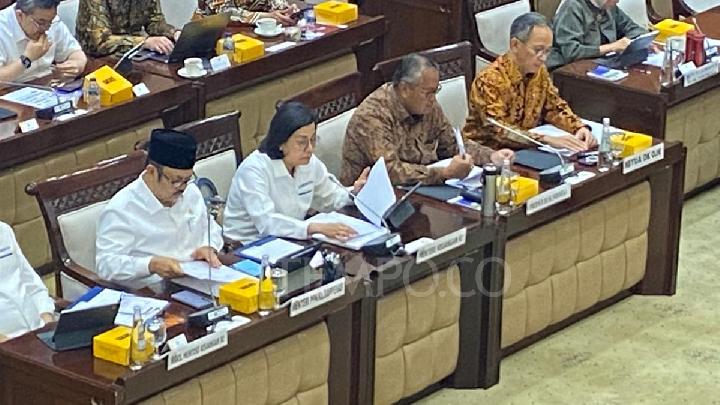
In addition to economic growth, the agreed macro assumptions in the 2026 State Budget also include year-on-year (yoy) inflation ranging from 1.5 to 3.5 percent.
South Korea to Distribute Cash Aid to Citizens in Effort to Boost Economy
11 hari lalu

South Korea's Cabinet has approved an additional budget of about Rp 378.5 trillion for direct cash assistance.
Indonesia's Sri Mulyani Wary of Sluggish Investments in Q1 of 2025
13 hari lalu
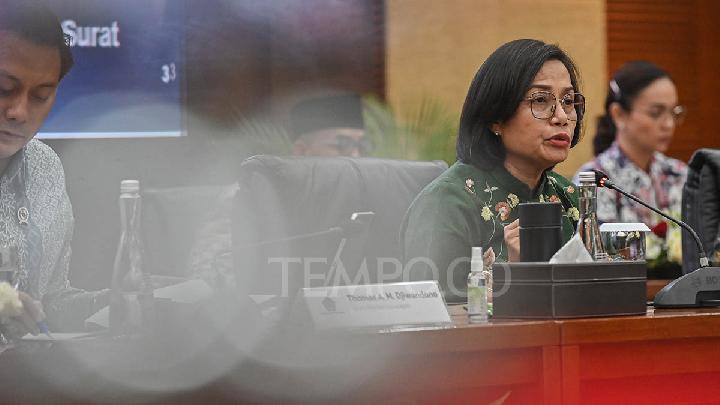
Sri Mulyani also underscored Danantara's key role in driving investments in Indonesia.


